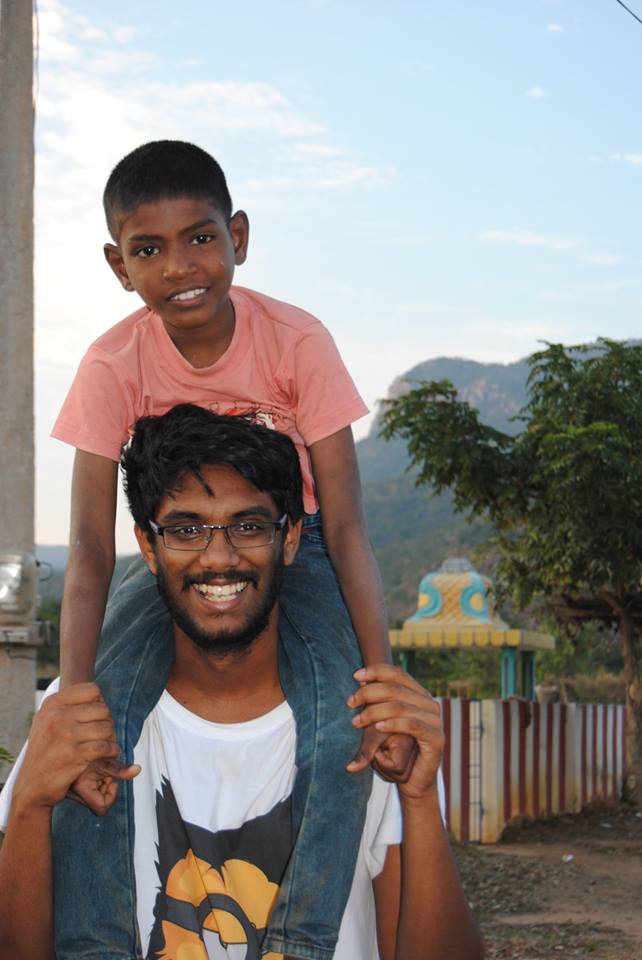Logic Labs
We teach you how to learn
- Weekend Math Workshops for students in class 6 to 10 to teach problem solving and build a strong foundation for Olympiad and JEE. Details.
- Academia-to-Industry Transition Program for PhD graduates including training in probability, statistics and coding and assistance with networking and referrals for job search. Details.
Weekend Math Workshops
- Foundational training for students in Class 6 to 10 targeting Olympiads and JEE.
- Covers advanced topics like Permutations and Combinations, Number Theory and Probability.
- Strong focus on problem solving from first principles with a gradual increase in difficulty to bridge the gap between school math and Olympiad-level thinking.
- Led by experts who have represented India at the International Olympiads and trained students at national camps.
- Now teaching school students: taught 500+ students at 10+ venues.
- IIT Kanpur and IIT Madras have started direct admissions from the Olympiads this year, and more IITs are expected to follow.
Academia-to-Industry Transition Program
- Program to help PhD graduates move from academia to industry with a focus on mathematical finance.
- Four month training in Probability, Statistics, Stochastic Calculus and Coding.
- Assistance with networking and job referrals to ease the transition.

Himalaya Senapati
From class IX to XII, Himalaya consistently ranked among the top 30 students in the country in the mathematics (IMOTC) and astronomy (OCSC Astronomy) olympiads. Additionally, in class IX, he was in the top 6 and represented India in the International Astronomy Olympiad and achieved a silver medal. He also qualified for the informatics olympiad (INOI) in class XI reaching the top 300 in the country.
After a BSc, MSc and PhD in Theoretical Physics from the Chennai Mathematical Institute, Himalaya has been working in the finance industry for the last four years, initially as a Core Quant Strat at Goldman Sachs and now as a Equity Derivative Analyst at HSBC. Furthermore, he has also been actively involved as a teacher in various mathematics camps for school students.

Arjun Arul
Arjun was in the national top 30 in the informatics olympiad (IOITC) twice during class XI and XII. Additionally, he qualified for the maths olympiad (INMO) thrice achieving top 30 in the state and for the astronomy olympiad (INAO) once by ranking within top 300 in the country. During his BSc, Arjun's team qualified for the ICPC World Finals twice. With a passion for the informatics olympiad ecosystem for over 16 years, Arjun has played diverse roles, including participant, problem setter, organizer, coach, and lecturer. He has shared his expertise at numerous coding camps nationwide, including renowned institutions like IITs and IISc, covering a wide range of topics.
After a BSc in Math and CS from the Chennai Mathematical Institute and a Masters in CS from CMI, Arjun worked at Codechef for 7 years spanning various roles in the domain of competitive programming.
Teaching Principles
Mastering mathematics is essential for excelling in Olympiads and JEE while laying foundation for success in one's professional career later on. However, the focus on rote learning and achieving top marks in school exams can detract from developing a deep understanding of concepts, leaving students ill-equipped to handle problems that deviate from standard formats as is often the case in these competitive exams. We aim to teach mathematics holistically, prioritizing conceptual understanding and problem-solving abilities that will pave the way to future successes of our students.
Our approach to educate is to first encourage students to try and solve new problems on their own helped by sequence of carefully choosen questions and hints to direct their thought process. Problems based on a particular theme will help students recognise patterns and discover concepts on their own leading to depth of understanding. For example, questions on angles, lines and scale will lead to trigonometry and coordinate geometry while learning to count arrangements of objects will gently introduce permutation and combination as well as probability.
While teaching, we want to prioritize the following principles, which form the core of our educational philosophy.
Problem Solving
Problem solving is at the heart of our philosophy where we devise sequence of questions focusing on a particular theme. Students will be required to think and reason; leading to clarity of concepts and depth of understanding.
Conceptual Understanding
Our focus is always on developing a deep and clear understanding of mathematical concepts rather than memorization of procedures.
Fostering Curiosity
We devise puzzles based on mathematical concepts and encourage students to explore by asking questions and discovering solutions for themselves. This instills excitement and curiosity in our students, leading to a deeper understanding.
Differentiated Instruction
We believe each student should take their own time while learning a concept or solving a problem. We prioritize understanding as opposed to the speed of covering the materials and tailor our teaching plan for each student to make it appropriately challenging.